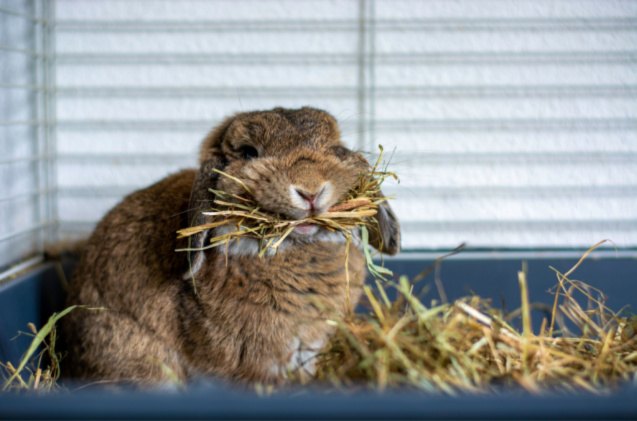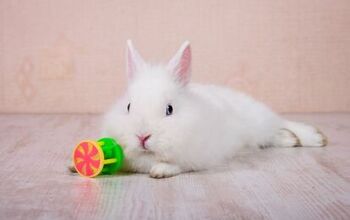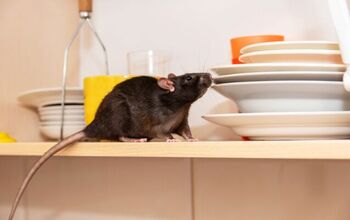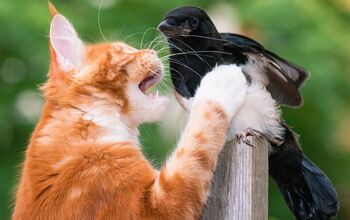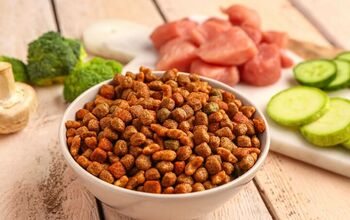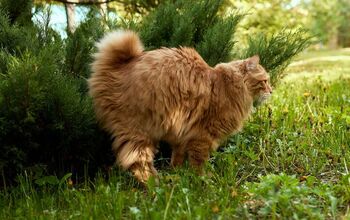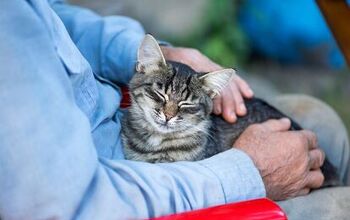Hay for Rabbits and Why It’s Important

Rabbits are grazing herbivores, which means that they only eat plants and eat them throughout the day – and the plant they eat most of is hay. In fact, at least 75% to 80% of a rabbit’s diet should consist primarily of high-quality grass hay! Their digestive systems are perfectly adapted to hay, as a high-fiber diet is optimal for their complex needs. As avid self-groomers, rabbits tend to ingest a lot of hair when cleaning themselves, but unfortunately, their gastrointestinal tract cannot properly break down and pass hair. That’s why they need a lot of roughage in their daily diet – it helps pass the hair through the intestines safely where it is expelled in the stool. Additionally, if a rabbit isn’t eating enough hay – and mind you, they should be eating their body’s weight in hay per day – their gut flora will change, and it can lead to a deadly condition called GI stasis.
In addition to helping keep their digestive system functioning properly, hay also helps file down rabbit’s teeth and prevent overgrowth or malocclusion. Rabbit’s teeth grow throughout their life, and if left unchecked, they can grow too much and cause health issues. On average, a rabbit’s teeth will grow as much as 2 mm each day, and it quickly adds up – in a year, they can grow up to 12 cm! When a rabbit eats a lot of hay, the coarseness of it will gradually grind the new growth, keeping their teeth in check.
What Type of Hay Rabbits Eat?
There are various types of hay for rabbits available, so you might be wondering which type of it is the best for your pet. While hay is basically just dried grass, it doesn’t mean that any dried grass will do – it has to be safe for rabbits to consume and contain the right amount of fiber and nutrients. The most common choice is timothy hay, which is a mix of leaves and stems of the perennial Timothy grass – it’s thick and coarse, which is optimally suited to a rabbit’s digestive system, and has the right amount of protein and fiber as well.
Next, you have orchard grass hay. This type of hay has a softer texture than timothy hay does and contains less protein even though it’s exceptionally rich in fiber, but it has a sweeter smell and taste, which is why some bunnies prefer it.
Meadow grass hay (or pasture hay) is not “real” hay, but rather a mixture of various types of grass that have been gathered from meadows and pastures (hence the name) and then dried in a kiln. The combination of different textures and tastes suits picky bunnies, but it might be more calorie-dense than timothy hay, which is why it should be fed in moderation.
Oat hay is grown as a specific crop and harvested before the seed heads form, to ensure its digestibility. It is rich in fiber, minerals, and vitamins. Rabbits tend to love it mostly because of oat husks which have a crunchy texture they appreciate.
Alfalfa hay is technically neither grass nor hay but rather a legume in the pea family – it’s also called lucerne. As a result, it is quite rich in protein and can be too nutrient dense for adult bunnies, and could lead to obesity if fed often or exclusively. However, when it comes to kits and growing bunnies, alfalfa hay is an excellent choice as it will help them grow into strong, healthy rabbits.
Herbal hay can be a fun treat for an indoor-only rabbit, as it introduces certain herbs that bunnies would normally eat when foraging outdoors into their daily meals. It mixes timothy hay with dried chamomile, dandelions, or marigolds to give your pet a taste of what they would normally eat on the outside.
Conclusion
Hay is the primary food source for rabbits – it contains high amounts of fiber, which helps maintain a healthy gut microbiome and wear down constantly growing teeth, which in turn prevents common health issues for rabbits such as GI stasis or malocclusion. You should offer high-quality hay in unlimited amounts, as your rabbit needs to eat their body weight of hay on a daily basis, combined with occasional rabbit pellets and rabbit-safe vegetables to introduce essential vitamins and minerals to their diet. The best choice is timothy hay, for its coarseness and high fiber content, but if you have a picky bunny, you can mix timothy hay with some tastier, richer hay such as oat hay or orchard grass hay.

A proud mama to seven dogs and ten cats, Angela spends her days writing for her fellow pet parents and pampering her furballs, all of whom are rescues. When she's not gushing over her adorable cats or playing with her dogs, she can be found curled up with a good fantasy book.
More by Angela Vuckovic



